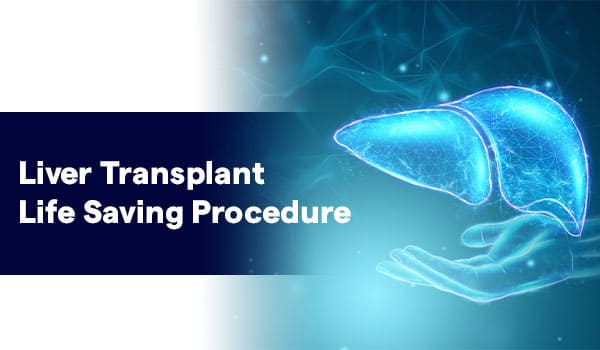
A liver transplant is considered a life-saving treatment for patients with end-stage liver disease or acute liver failure. The procedure involves removing the diseased liver from the recipient and replacing it with a healthy liver from a deceased or living donor. Sometimes, a living donor can donate a portion of their liver, which will regenerate in both the donor and the recipient's body.
Indications for liver transplant are conditions that may lead to the need for a liver transplant. The liver is an essential organ in the body, responsible for filtering waste and toxins from the blood, producing bile to aid digestion, and storing energy in glycogen. One of the most common indications for a liver transplant is cirrhosis. Cirrhosis is a chronic liver disease that causes scar tissue to form in the liver, leading to liver failure. Cirrhosis can be caused by alcohol abuse, chronic hepatitis B or C infection, or nonalcoholic fatty liver disease (NAFLD). While cirrhosis can be managed with medication and lifestyle changes, in severe cases, a liver transplant may be necessary.
Liver cancer is another indication for a liver transplant. Liver cancer can develop in patients with chronic liver disease like cirrhosis. Early-stage liver cancer that has not spread beyond the liver may be treated with surgery to remove the tumor. In some cases, a liver transplant may be an option for patients with liver cancer.
Acute liver failure is a sudden and severe condition that can lead to liver transplant indications. Acute liver failure occurs when the liver suddenly stops functioning correctly, leading to a buildup of toxins in the blood. Acute liver failure can be caused by viral hepatitis, drug overdose, or autoimmune liver disease. Genetic liver diseases like hemochromatosis, Wilson's disease, and alpha-1 antitrypsin deficiency are also indications for a liver transplant. These inherited liver diseases can cause liver failure, leading to the need for a liver transplant.
This evaluation includes blood tests, imaging studies, and a psychological assessment to ensure the patient is physically and mentally prepared for the surgery. Liver transplant surgery is a complex procedure that involves replacing a diseased liver with a healthy donor liver. The surgery is performed under general anesthesia and typically takes several hours. During the surgery, the surgical team removes the recipient's diseased liver and replaces it with a healthy liver from a donor.
Specialized techniques are used to connect the new liver's blood vessels and bile ducts to ensure the proper functioning of the new liver. These techniques are crucial in ensuring that the liver receives the necessary blood supply and that bile is properly drained from the liver.
After the surgery, patients are closely monitored in the intensive care unit for a few days to ensure no complications. Patients will be given medication to prevent rejection of the new liver, which is a common complication of liver transplant surgery.
The recovery process can take several weeks or even months, depending on the patient's condition before the surgery. Patients will be closely monitored during this time to ensure that the new liver is functioning properly and that there are no complications.
Recovery from a liver transplant can be a lengthy process, and patients at Sir Ganga Ram Hospital receive comprehensive care to support their recovery. This includes medications to prevent rejection of the new liver, monitoring for complications, and rehabilitation services to help patients regain strength and function. To promote long-term liver health, patients are also encouraged to follow a healthy lifestyle, including a balanced diet and regular exercise.
Liver transplant is a highly successful procedure, with the majority of patients experiencing improved quality of life and long-term survival. The success of a liver transplant depends on several factors, including the underlying condition of the patient, the expertise of the surgical team, and the availability of donor organs. The liver transplant hospital in Delhi, Sir Ganga Ram Hospital has a dedicated team of liver transplant specialists experienced in performing complex transplant surgeries and achieving excellent patient outcomes.
The cost of a liver transplant can vary depending on the patient's condition, the type of transplant, and other factors. At Sir Ganga Ram Hospital, patients are provided with detailed information about the costs of the transplant process, including pre-operative testing, surgery, hospital stay, medications, and follow-up care.
For more information, book an appointment with Dr. Ushast Dhir.